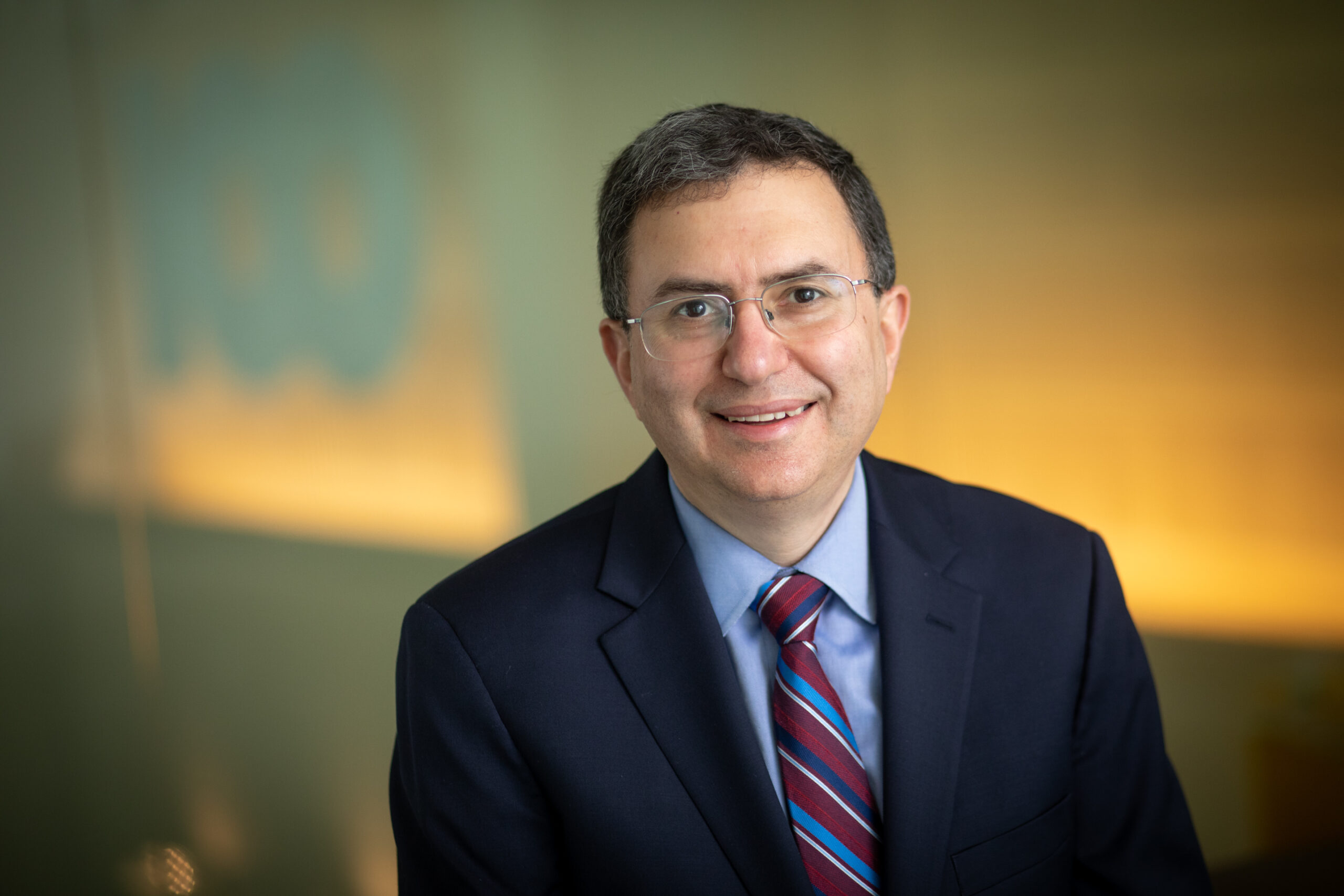The Biden-Harris administration’s proposed National Hepatitis C Elimination Program would be a major breakthrough in access to screening, testing and treatment of hepatitis C virus (HCV), according to Joshua Sharfstein, MD, Distinguished Professor of the Practice at Johns Hopkins University. His presentation at Digestive Disease Week® (DDW) 2024 provides an update on the proposal for the National Hepatitis C Elimination Program.

“This is an opportunity to prevent enormous suffering from a treatable disease,” Dr. Sharfstein says. “This proposal can put us on the path to eliminating HCV.” As more people receive treatment for HCV, he says, hepatologists will have more opportunities for involvement, not only to provide treatment but also to consult with and educate other specialties.
Dr. Sharfstein reviewed the tenets of the program, which was recently described in the Journal of the American Medical Association by Rachael L. Fleurence, MSc, PhD, and Francis Collins, MD, PhD, both of the Executive Office of the President.
The three priorities of the 2024 budget proposal now being reviewed by Congress include:
- Point-of-care testing. There are currently no point-of-care diagnostic tests for HCV available in the U.S. Such tests would be particularly impactful in high-prevalence areas, enabling a test-and-treat approach within a single visit. The proposal includes prioritizing FDA clearance of RNA diagnostic tests, like the efforts to make COVID-19 tests available.
- Increase access to medication. Direct-acting antivirals (DAAs) with 95% cure rates have been available for several years, but many patients are unable to access these medications. The program aims to increase access for historically underserved populations, including Medicaid beneficiaries, patients without insurance, those in the corrections system, and American Indian and Alaskan Natives.
- A public health effort to increase engagement and awareness in the community. The program would engage community organizations to increase awareness, education and screening. This includes training for healthcare professionals to staff treatment sites and developing new models of care, including mobile treatment centers and telehealth treatment.
For hepatologists looking to advocate for the program, Dr. Sharfstein recommends joining efforts spearheaded by the American Association for the Study of Liver Diseases (AASLD).
Dr. Sharfstein explains that the benefits of the program are multifaceted, impacting not only patients but their families and the country as a whole. Successful HCV treatment not only reduces the risk of hepatocellular carcinoma but also of diabetes and kidney disease. In addition, while the costs of the program are expected to reach several billion dollars, it is ultimately expected to save money by reducing the rates of liver failure and cancer.
Dr. Sharfstein’s oral presentation, “The U.S. National Hepatitis C Elimination Program: A Historic Opportunity” on Sunday, May 19, at 4 p.m. EDT is part of the session “The Pathway to Hepatitis C Elimination in The United States.”


